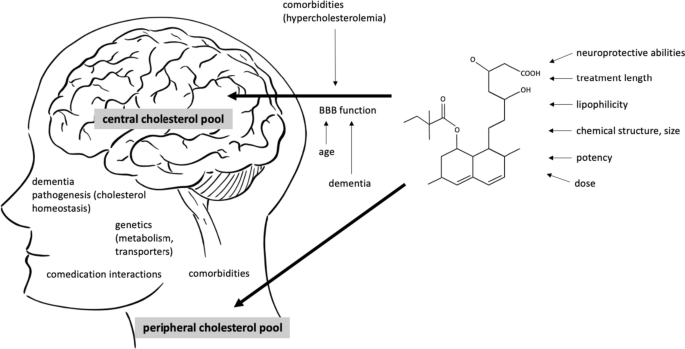2023-12-20 マックス・プランク研究所
◆研究では、古代ユーラシア人のIBDセグメントを調査し、広範な地域や数千年にわたり埋葬された親戚のペアを特定。これにより、過去の人々の移動や文化のつながりに関する新しい洞察が得られました。
<関連情報>
- https://www.mpg.de/21294386/1220-evan-revealing-close-and-distant-relatives-150495-x?c=2249
- https://www.nature.com/articles/s41588-023-01582-w
ヒトの古代DNAに含まれるidentity-by-descentセグメントを正確に検出 Accurate detection of identity-by-descent segments in human ancient DNA
Harald Ringbauer,Yilei Huang,Ali Akbari,Swapan Mallick,Iñigo Olalde,Nick Patterson & David Reich
Nature Genetics Published:20 December 2023
DOI:https://doi.org/10.1038/s41588-023-01582-w

Abstract
Long DNA segments shared between two individuals, known as identity-by-descent (IBD), reveal recent genealogical connections. Here we introduce ancIBD, a method for identifying IBD segments in ancient human DNA (aDNA) using a hidden Markov model and imputed genotype probabilities. We demonstrate that ancIBD accurately identifies IBD segments >8 cM for aDNA data with an average depth of >0.25× for whole-genome sequencing or >1× for 1240k single nucleotide polymorphism capture data. Applying ancIBD to 4,248 ancient Eurasian individuals, we identify relatives up to the sixth degree and genealogical connections between archaeological groups. Notably, we reveal long IBD sharing between Corded Ware and Yamnaya groups, indicating that the Yamnaya herders of the Pontic-Caspian Steppe and the Steppe-related ancestry in various European Corded Ware groups share substantial co-ancestry within only a few hundred years. These results show that detecting IBD segments can generate powerful insights into the growing aDNA record, both on a small scale relevant to life stories and on a large scale relevant to major cultural-historical events.


